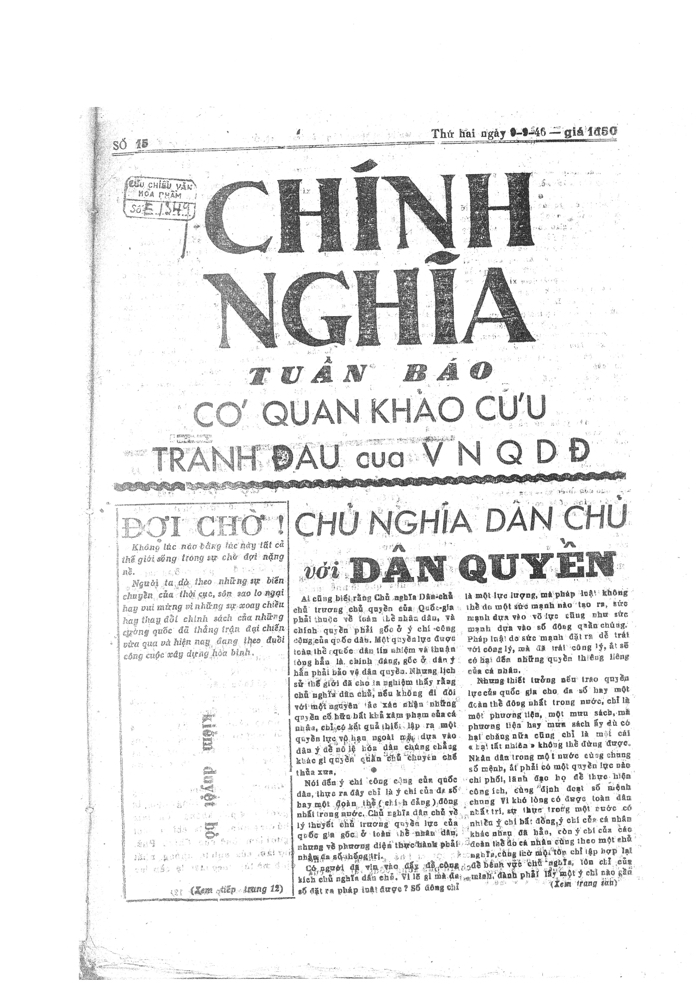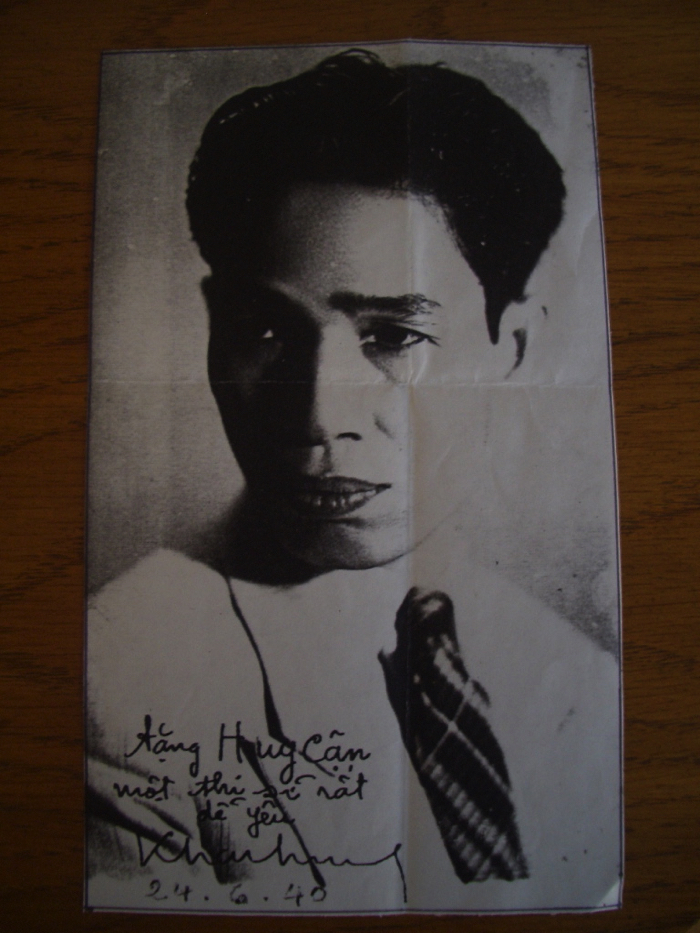- Project Leader : Tanaka Aki (Tokyo University of Foreign Studies, Graduate School of Global Studies)
Outline of Research
The study examines Vietnamese literature as it pertains to colonialism in Vietnam, with a focus on the writings of Khái Hưng. Using his novels, short stories, and newspaper articles, I will study the complex social aspects of colonialism that led to the rise of nationalism and the outbreak of the Indochina War. The research will also involve a review of Vietnamese reference material related to the history, politics, and society of Vietnam available in the library of the Center for Southeast Asian Studies at Kyoto University.
Description
The notable Vietnamese novelist Khái Hưng was a key member of the Self-Reliant Literary Group, which had a strong presence in northern Vietnam in the 1930s and 40s. Khái Hưng was considered as a non-communist patriot executed by the Việt Minh in 1947. Under the current regime in Vietnam, his contributions to the history of Vietnamese literature have been ignored and erased, and therefore there are very few studies of his work. This study examines what Hồ Chí Minh-centric narratives have ignored, such as the remarkable diversity of anti-colonial nationalist movements, through Khái Hưng’s writings.
To gain a more comprehensive understanding of Vietnamese perspectives, more information is needed on the topics of social and colonial conditions, the psychology of young intellectuals, the rise of nationalism, and the struggle for independence. This study will draw such information through the literature of Khái Hưng. The historical periods and events of particular interest are the French colonial period, the Japanese military occupation period, the Declaration of Independence, and the outbreak of the Indochina War.


